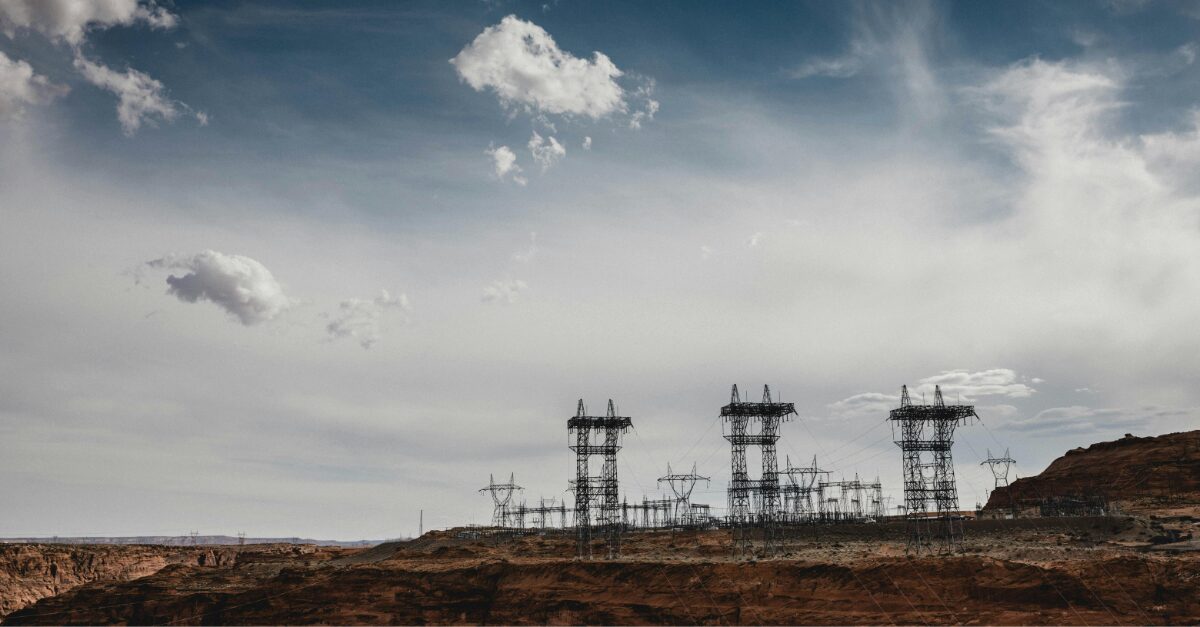Managing business energy in Australia is no longer a simple bill-paying task. Rising wholesale costs, supply volatility, renewable-energy policy shifts, and increasing sustainability expectations mean energy planning has become a strategic priority. Companies — whether they run manufacturing plants, commercial buildings, logistics fleets, or service offices — need guidance to make smarter energy decisions and protect profitability.
This is where experienced energy specialists become essential. Today, businesses are working closely with energy professionals who understand market behaviour, tariff structures, consumption patterns, and compliance obligations. The right expertise allows organisations to build resilience, cut expenses, and map a path toward a cleaner and more efficient energy future.
The New Energy Landscape: Costs, Carbon & Complexity
Energy used to be predictable. Businesses could review contracts once in a few years, renew with their existing supplier, and move on. But those days are gone.
Today’s energy landscape brings:
- Frequent swings in wholesale electricity prices
- Demand-based tariffs and variable network charges
- Pressure to reduce emissions and report sustainability progress
- Growth of on-site renewables and battery storage options
- Regulatory changes affecting how companies procure energy
These shifts don’t just affect large corporations — even small and mid-sized enterprises now face decisions traditionally handled by engineering and finance specialists. Operational leaders can no longer afford “set and forget” contracts. They need strategies that improve control, transparency, and risk mitigation.
Why Expert Energy Support Matters
A skilled electricity consultant brings clarity to a complicated environment. Their job isn’t just to negotiate bills but to understand an organisation’s energy usage and align it with business goals.
They help organisations:
- Audit consumption and identify inefficiencies
- Analyse tariff and contract options
- Build tailored procurement strategies
- Explore renewable and carbon-reduction pathways
- Plan asset upgrades that support sustainability
Most importantly, they give decision-makers visibility — so energy decisions are proactive, not reactive.
Procurement Made Smarter
Choosing the right supply contract is no longer as simple as picking the lowest price. Businesses must consider contract length, peak usage times, risk exposure, renewable content, and future operational changes. A professional electricity broker ensures organisations negotiate supply agreements with data and foresight rather than guesswork.
Instead of chasing short-term savings, the right broker builds long-term value by:
- Timing market entry for favourable rates
- Securing terms aligned with consumption patterns
- Diversifying supply and contract structures
- Avoiding hidden fees and inflexible conditions
Ultimately, the right broker builds energy stability — a foundation for competitive performance.
From Cost Control to Carbon Strategy
Energy decisions are increasingly tied to environmental objectives. Businesses are expected to improve energy efficiency, transition towards cleaner power, and demonstrate measurable progress.
This elevates the importance of a knowledgeable energy consultant who can deliver integrated planning — not just cheaper contracts, but greener and smarter operations.
Modern consulting support may include:
- Renewable feasibility studies for solar and storage
- Carbon offset and renewable certificate management
- Demand-response program participation
- Power quality and infrastructure planning
- Data-driven consumption monitoring solutions
Sustainability isn’t just an environmental duty anymore — it’s a way to earn trust, increase competitiveness, and attract talent and investors. Done correctly, it also reduces long-term operating expenses.
Building Energy Resilience for the Future
Energy resilience means safeguarding against volatility — financial, operational, and reputational. Companies today face:
- Unexpected price spikes
- Grid instability risks
- Increased compliance requirements
- Rapid technology advancements
Proactive energy strategy helps businesses stay ahead. It means investing in efficiency, preparing for electrification trends, evaluating on-site power generation, and understanding how the grid is evolving.
Australia’s transition to renewables is accelerating, but it brings transitional challenges. Businesses that plan early enjoy smoother adoption, stronger budgeting control, and reputational leadership. Waiting until regulations or market conditions force change puts organisations at risk.
Real-World Impact: How Expert Guidance Pays Off
Organisations that work with professional advisors consistently see return on investment. Examples include:
- Industrial facilities reducing peak-demand charges by shifting operational loads
- Property portfolios achieving carbon-neutral targets while lowering electricity spend
- Warehouses installing solar and battery systems to cut grid reliance
- Corporate offices using smart analytics software to eliminate energy waste
The outcome isn’t just lower costs — it’s better operational planning, stronger ESG outcomes, and the agility to adapt to market evolution.
Final Thoughts: Smarter Energy, Stronger Business
Energy is no longer just a utility — it’s a strategic driver. Companies that understand and manage energy intelligently build resilience, reduce risk, and gain competitive advantage. With market pressures intensifying, it is essential to partner with specialists who understand Australian energy systems inside and out and who focus on long-term value rather than short-term quick wins.
For businesses ready to future-proof their operations, collaborating with trusted advisory partners is the smartest next step. With expert support and strategic insight, organisations can confidently navigate complexity, optimise costs, embrace sustainability, and build a stronger foundation for growth.
To take meaningful steps toward smarter energy decisions and long-term savings, connect with Utilizer — a trusted name helping Australian businesses plan, procure, and manage energy with intelligence and confidence.
